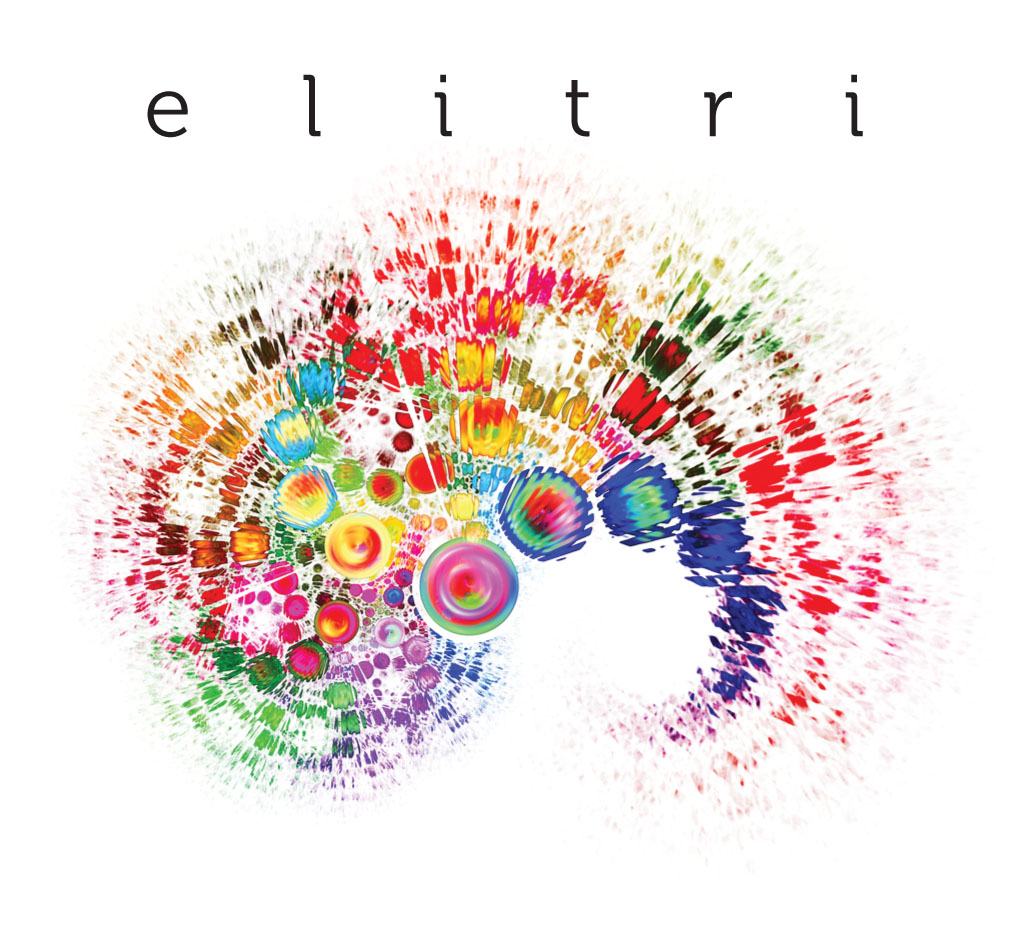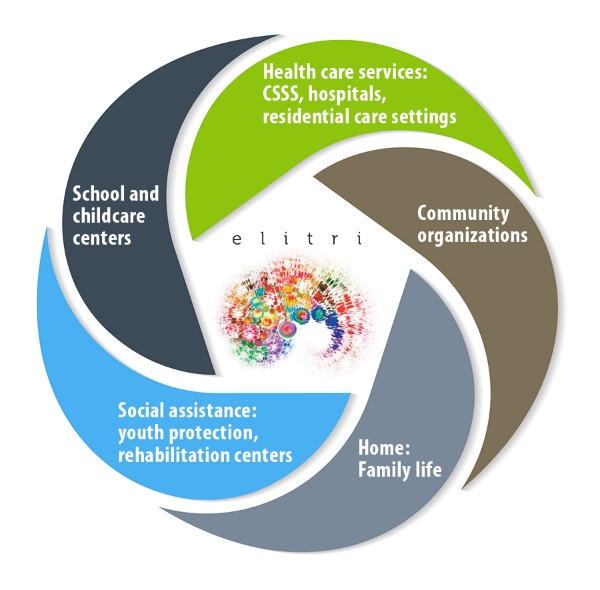
CONSULTING
How is this possible?
Psychopedagogist are subject matter experts in 21st-century learners and psychosocial issues. Psychopedagogists help people learn soft skills such as social-emotional learning to build emotional intelligence. This process is done by creating a climate and culture change for everyone involved.
By hiring a psychopedagogist to help integrate emotional intelligence into your mission’s philosophy.
Psychopedagogist also offers training sessions for teachers and other professionals to help them learn skills on how to promote social-emotional learning through lectures and interventions.
Management and supervision
A paramedical consulting service that specializes in providing teams of professionals in hospitals, clinics, and medical centers. Experience in assessing the needs of the facility, recruiting, and training the necessary professionals, overseeing their activities, and providing ongoing support and guidance to ensure a successful result within an interdisciplinary approach.
Specializes in coaching, mentoring, and supervising, leading and mentoring a team of 50+ mental health care professionals from the fields of neuropsychology, psychology, psychotherapy, psychoeducation, speech and language pathology, occupational therapy, nutrition, physiotherapy, audiology, and special education.
Consultants can provide an array of services, such as onboarding and training, conflict management, team dynamics, leadership development and more.
Instructional Designing
This service is provided for the organizational development of schools, institutions, social assistance services and health care centres. The creation of a positive creative environment with the active use of the content, forms, methods, technologies, and a system of principles and pedagogical tools to best support the formation of professional growth.
For instance, within settings, programs cater to train people to acquire new skills to improve their intellectual or emotional development. Programs are designed accordingly to the needs of the institution and the learners themselves.
Interactive digital media (IDM)
Interactive digital media (IDM) refers to any digital media that allows users to interact with it, rather than just passively consuming it. This can include video games, mobile apps, social media platforms, virtual reality experiences, and more.
With the integration of media and technology into programs many objectives can be achieved. Technology is not who we are, but part of how we get things done. Technology is a powerful tool to connect with children with psycho-social disabilities and/or disorders.
For example, we can use digital storytelling or create a sensory room that is research-based and strategy driven using the latest technology and best prices. Programs can also be applied online as well as face-to-face.
PROGRAM DEVELOPMENT & DESIGN
. An assessment is done prior to implementation (interviewing, observation, assessment, evaluation and follow-up). The assessment period is one of the most important elements of the process. Its duration is between 2-3 weeks. This includes 2-3 interviews, on site observations and a written assessment with recommendations of a plan of action. Once the assessment process is completed, the facilitation, training or therapy duration will vary upon each case.
A complete program includes an instructional and learners guide or synchronous self-study program (using a software), or self study booklet. (Price varies depending on the format, medium and structure).
THOUGHTS FROM PAST EXPERIENCES
After working in-front line as a psycho social worker, I noticed people have changed. I can summarize it as a combination of trauma and over-saturated minds. In fact, life is as it is expected (evolution), it is the way in which people relate and interact with one another that is different.
The human component of connection is affected. Technology has had an immersion influence on us as people, it has created a shift in humanity. This change is here to stay. Rather than ignoring it, I did something constructive about it.
I changed my approach in working with people in need, helping clients and/or parents understand this shift and providing them with the knowledge to proactively support themselves.
I provided a service for institutions and health care services to train their workers on how to incorporate social-emotional learning (SEL) into their work ethics and educational approaches.
I advocate the use of technology as a practical tool, without defining who you are as a person.
I focused on factors that strengthen the capacity of schools and communities to learn and support youth development and social-emotional learning.
My clients include individuals, schools, government institutions, not for profits, and foundations that have an interest in linking research and practice in the fields of education





